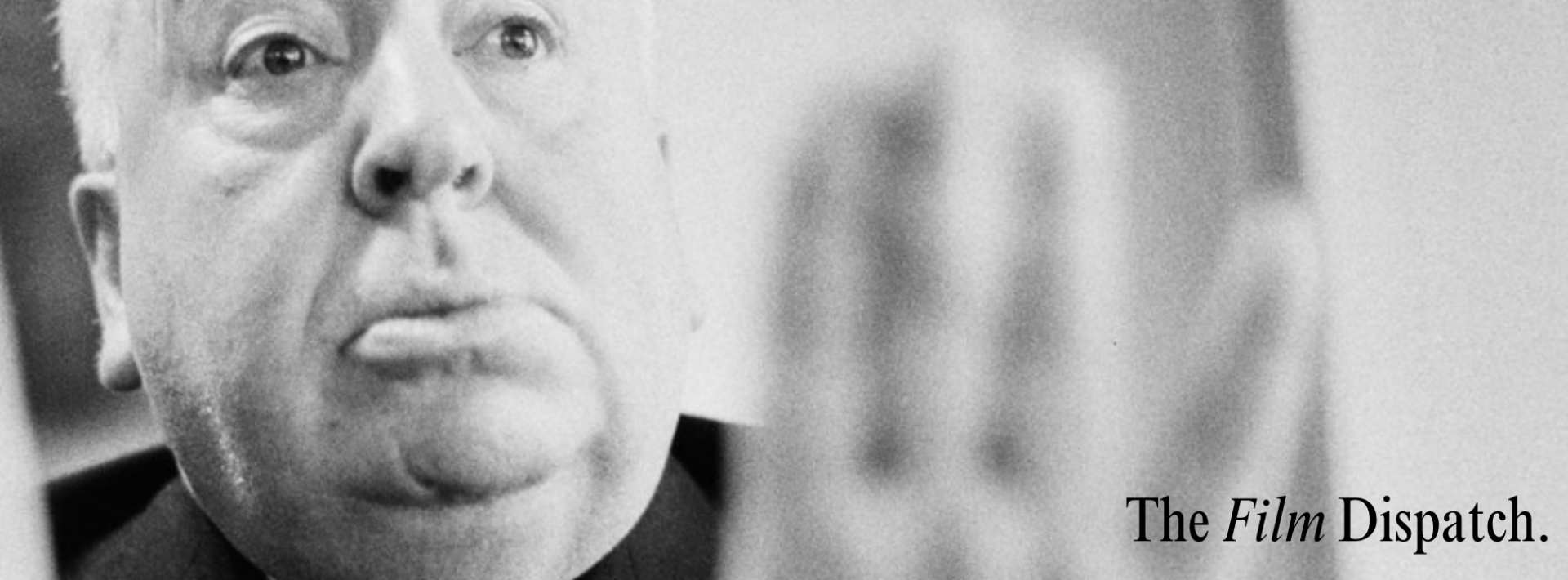
Screened at EIFF, Winners is a film about a very specific kind of winner that every film buff is acutely aware of – the award winner.
The film follows Yahya (Parsa Maghami) a young Iranian boy who, like many children in his village, scours the local dump for junk to sell. Yahya strikes a particular type of gold when he stumbles across an Oscar statue. The golden doll, as he describes it, fascinates Yahya and his playmate, Leyla (Helia Mohammadkhani), and subtly changes their lives. At first, neither Yahya nor Leyla want to part with their new toy but, after the whole village is alerted to the missing statue, Yahya undertakes the mission of returning the statue to its rightful owner.
Throughout, the film blends fact and fiction by mixing prominent Iranian filmmakers playing themselves alongside Maghami playing the fictional Yahya. Most notably, actor Mohammad Amir Naji (or Reza Naji) – who starred in The Song of Sparrows (2008) and Children of Heaven (1997) – plays himself. After winning a Silver Bear, Naser – as he is known to Yahya and Leyla – cannot take the pressure of fame and retreats from society to work in a junkyard. Only after film-obsessed Yahya has watched The Song of Sparrows, does he recognise Naser for the famed actor he is.
After the film, the audience was treated to a Q&A featuring the director – Hassan Nazer – as well as producers and actor, Shahrzad Kamalzadeh. The host of the post-screening Q&A described Winners as ‘a love letter to Iranian cinema’. Certainly it is but this is not puppy love. By blending the real and the fictional and by telling the story of a child in a harsh adult world, Winners not only admires Iranian cinema but also shows its place in the world. In one of the most stirring moments in the film, Naser rants about how even though he had won a prestigious international acting award, he had no money.
The film seems to imply that although Iran has its own cinematic tradition and has contributed greatly to global cinema, it does not always reap rewards from this contribution. Certainly, the image of Naser driving a run-down truck with his Silver Bear on the dashboard is not the glamourous image of an award winning actor that international film festivals like to promote. Yet the emphasis on Yahya’s perspective – with a child’s optimism – gives even the hardships a sense of hope. Importantly, director Nazer discussed how Yahya was based on his younger self and his own childhood love of film. Although the film features actors playing themselves, the plot is too whimsical to be anything other than fictional. So when the final scene opens with a clapperboard, audiences may snap back to attention.
As Nazer discussed in the Q&A, this is entirely deliberate – designed to kick life back into the audience. In the scene that follows, Naser takes pictures and signs autographs for fans all while standing by his truck. The fact and the fiction have finally come to a head but rather than imploding the fictionality of the film and making us feel as though we have been watching a documentary in disguise, this scene enhances our sense of hope. All the fictional and autobiographical elements blend together so that the carefully crafted uplifting feeling of the film lingers even after the lights come up. Though Naser was once cynical about how winning the Silver Bear changed his life, after meeting with Yahya and encountering his dogged love of cinema, Naser is more hopeful. Even though the Oscar statue was never truly his, Yahya, with his untainted love of cinema, is the true winner here.
Written for The Film Dispatch by Niamh Carey-Furness.

